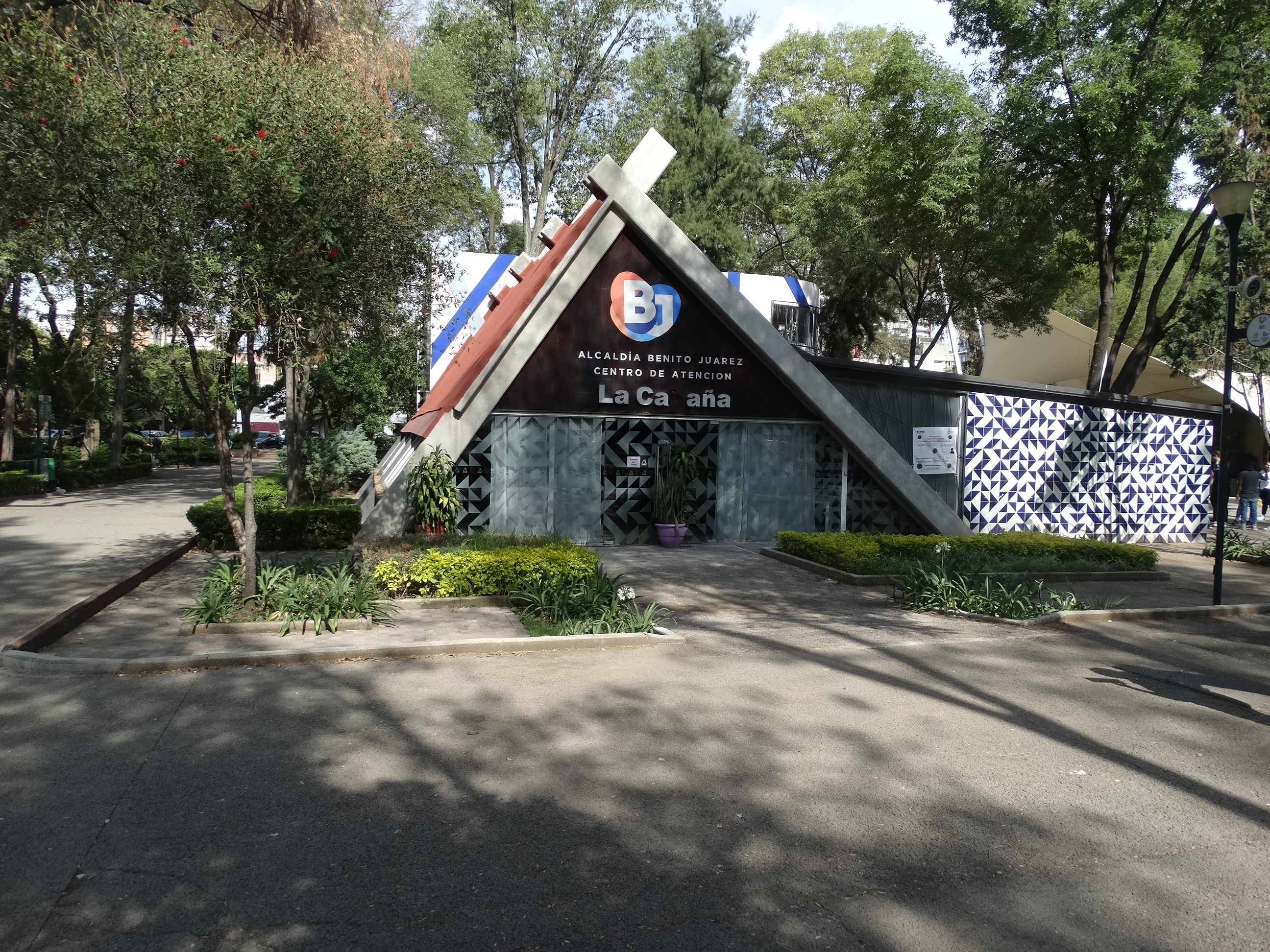Introduction
When I sat down to write this book, I was officially retired from chess. It was the talks with Rafael Martínez, an old friend from a park where I played chess many years ago, that motivated me to confess what I have thought about the game since my retirement.
 (Left, in 1975 outside of ‘La Cabaña’ I played my first game in the park with Señor Cervantes.)
(Left, in 1975 outside of ‘La Cabaña’ I played my first game in the park with Señor Cervantes.)
My goal here is to break various taboos. In the first chapter I address a topic hardly touched by other chess players. I am talking about the emotions that affect the player during the game: a topic that I address by analysing my emotions in some games that I have played in tournaments. There are very few chess players, and one of them was the Mexican grandmaster Marcel Sisniega (a pure Aryan about my age, who passed away in 2013), who describe their moods after the rounds. I haven’t read Crónica Personal de un Torneo de Ajedrez of Sisniega, but I suppose that the descriptions I make here are more crude and direct.
In a short passage in the second chapter I try to show that chess treatises omit the biological cause that some play better than others. I also venture a program that I consider useful to face the emotions not only in defeat, but for the average player to understand and accept his skill level.
For centuries, chess theorists have avoided going into the subject of personal tragedies that have led some to seek solace in the game; tragedies that have devastated the sanity of some masters, grandmasters, and even world champions. This blind spot has existed from the 1620 treatise by Gioacchino Greco, considered the first chess professional, to Kasparov’s recent work on his predecessors. The motto of the inveterate tabletop gamer seems to be:
Elude the Knowledge of Thyself
Avoid settling accounts with the existential sting that made you seek comfort in an activity as elusive as the game of chess or any other game.
Among chess players there have been cases of crossing the line from simple escapism to madness. In the third chapter I break with the biggest taboo not only in the community of players, but of humanity in general. I talk about the cause of disorders of the spirit and what we can do when a loved one suffers a psychotic crisis. The fate of Carlos Torre, the best Latin American chess player after Capablanca, serves as a paradigm for me to point out what we should never, ever do when a family member suffers a crisis: go to the psychiatrist.
After that important chapter I include an epilogue about what I think of the game.
Juan Obregón, who gave me some information about Carlos Torre, probably has the largest number of interviews from people who knew the Mexican grandmaster. But without the help of the late Alfonso Ferriz, the great lover of the game-science in Mexico, it would have been impossible for me to collect the most relevant information about Torre. It saddens me that my conclusions from the same information that Ferriz so generously provided me cast a shadow over this wonderful person who was Don Alfonso; and I publish this little book not without some remorse in order to expose private matters that could help the West to regain its sanity.